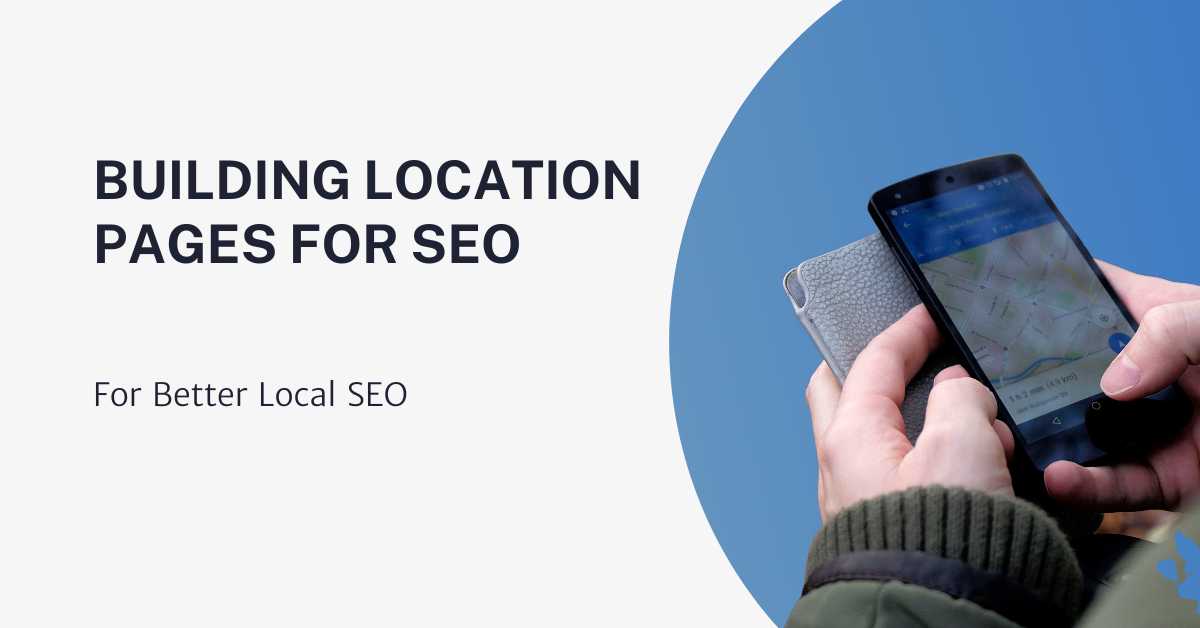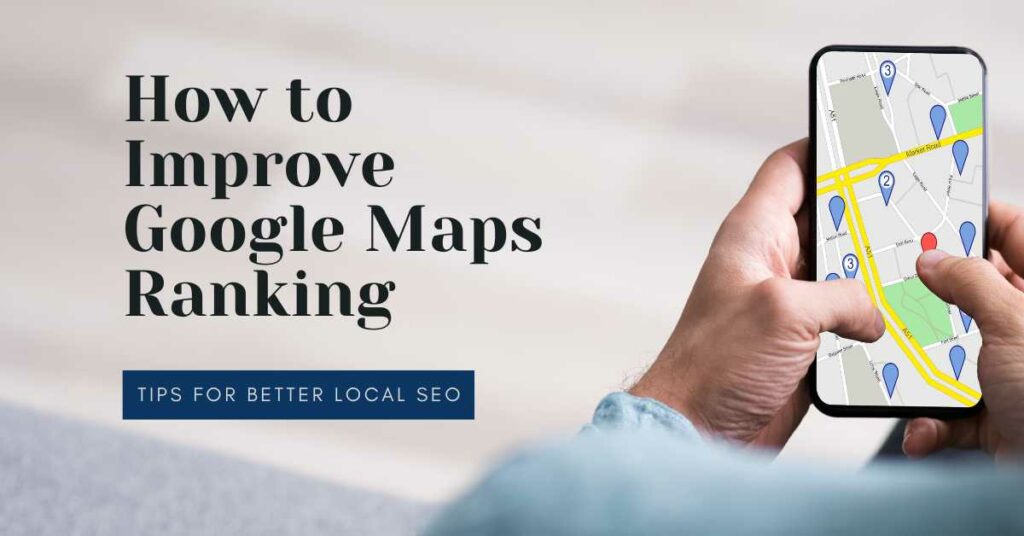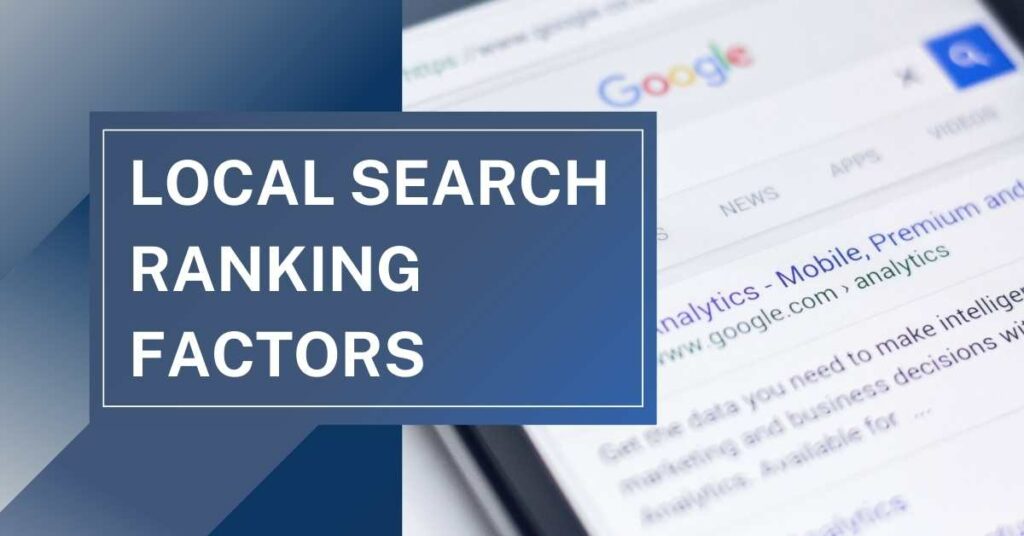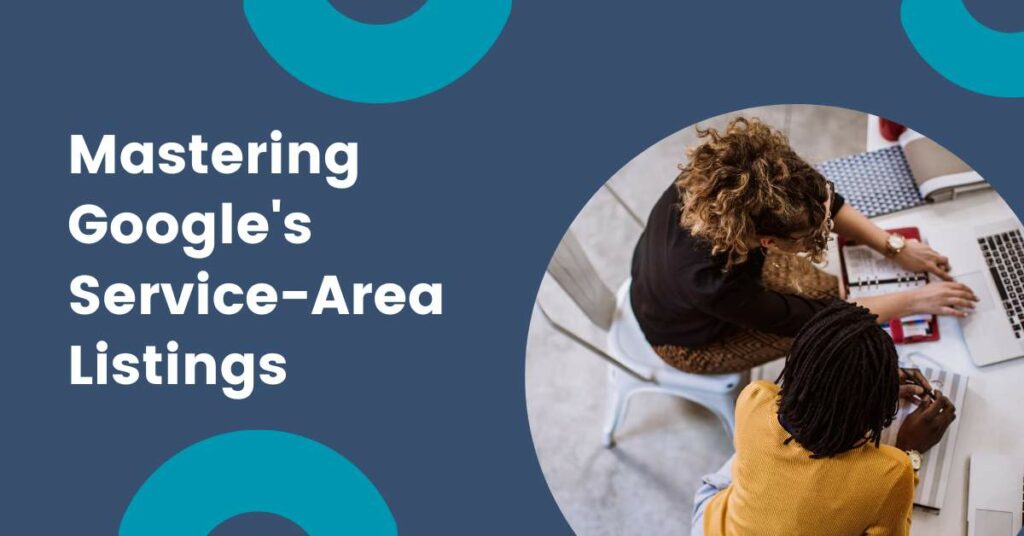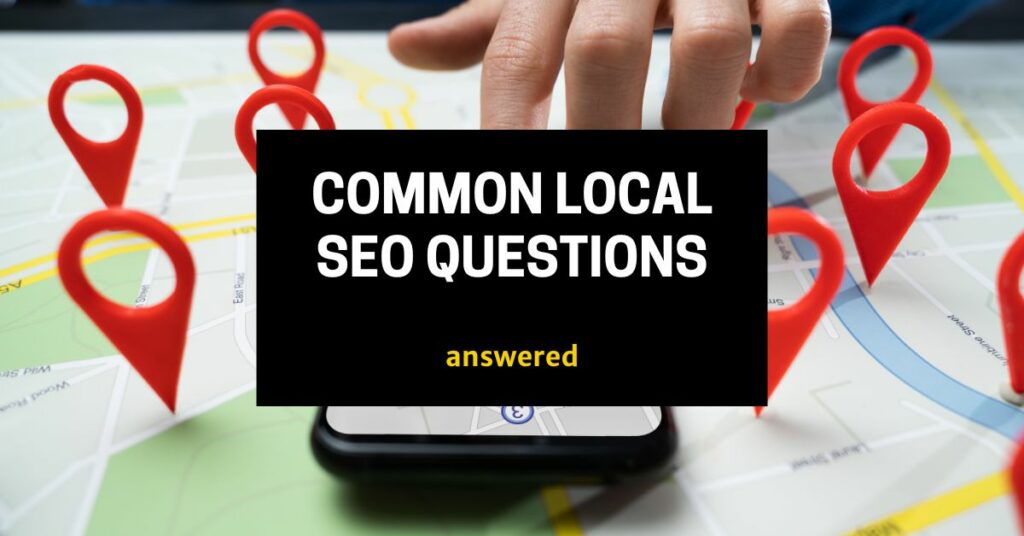All small business owners are trying to attract new customers to their business. So anytime you can find new ways to improve your online presence and stand out in local search results, its something to consider. One strategy that has proven effective over time is optimizing website location pages for SEO.
Location pages are web pages that provide information about a business’s products or services available in specific locations. By optimizing these pages with keywords, unique content, and engaging elements like driving directions and consumer reviews, businesses can improve their listings’ performance in organic local search results and attract more customers.
In this article, I’ll share my tips on how to create effective location pages that can help boost local SEO and drive more traffic to your business.
Key Takeaways
- Location pages provide benefits such as increasing online presence, appearing higher in local search results, and giving users information about how a business operates in their local area.
- Including location-specific keywords in page titles and header tags can improve a business’s listings performance in organic local search results and on Google Map Pack and Google Maps.
- Driving directions and embedding Google Maps location can help customers find the physical place of business and earn Google’s trust.
- Consumer reviews and testimonials, as well as engaging content, can improve search engine optimization and win over more customers.
What are Location Pages for SEO?
Location pages for SEO are an essential tool for businesses looking to improve their online presence and increase their visibility in local search results. By providing users with information about a business’s products, services, and operations in their local area, location pages can help attract more customers and increase conversions.
Location pages typically contain information such as the business’s name, address, phone number, hours of operation, and location-specific photos. Including location-specific keywords in page titles and header tags can also improve a business’s listings performance in organic local search results and on Google Map Pack and Google Maps.
By optimizing location pages for SEO with these elements, businesses can improve their chances of appearing higher in local search results, driving more traffic to their website, and ultimately boosting their local SEO.
Elements of Location Pages
Including the business’s name, address, phone number, hours of operation, location-specific photos, and attributes are crucial elements for improving online presence and organic search performance. These elements provide users with essential information about a business’s operations in their local area.
When these elements are optimized with location-specific keywords in page titles and header tags, it can positively impact the business’s online visibility. By embedding Google Maps location onto the website and providing driving directions, potential customers can easily find the physical place of the business, which can earn Google’s trust and improve search performance.
In addition to these essential elements, unique and engaging content can further improve a business’s search engine optimization. Local landmarks and businesses near the location can provide helpful information for users, and consumer reviews and testimonials can win over more customers and improve search engine optimization.
Calls to action (CTAs) can also steer customers into converting, and internal links can improve user experience and drive conversions. By incorporating all of these elements, a location page can effectively boost a business’s local SEO and help them find more customers online.
Optimizing Location Pages
It’s not like optimizing your location pages for SEO is rocket science, but with a little effort, you can make them stand out from the competition and attract more potential customers.
To start, make sure your titles and meta descriptions are optimized with localized keywords. They can have a major impact on the performance of your location pages in organic local search results. Aim for an SEO title length between 50-70 characters and a page title (H1) length between 20-70 characters.
Here are some other tips to optimize your location pages for SEO:
- Use unique content to help search engines understand the page and improve search performance.
- Include driving directions to help customers find the physical location of your business, and optimize them with keywords to earn Google’s trust.
- Embed Google Maps onto your website to make it easier for potential customers to find the location.
- Use internal links to improve user experience and drive conversions.
- Include calls to action (CTAs) that steer customers into converting, and make sure they are in line with the product or service offered alongside it.
Frequently Asked Questions
How many location pages should a business have?
The location pages a business should have depend on the number of physical locations they have. Each location should have its own unique page with accurate information and keywords to improve local search performance.
Can location pages be used for businesses without physical storefronts?
Yes, location pages can benefit businesses without physical storefronts by targeting location-specific keywords and providing information about the areas they serve. However, they should focus on unique content and optimized titles to improve search performance.
How often should location pages be updated?
I recommend updating location pages regularly, ideally every 3-6 months or whenever there are changes in the business’s information or offerings. This ensures accurate and up-to-date information for potential customers and improves search engine optimization.
Should location pages be mobile-friendly?
Do mobile users matter to my business? Yes! It’s essential to have mobile-friendly location pages. Google prioritizes mobile-friendly sites in search results, and with over half of internet traffic coming from mobile devices, it’s crucial for reaching potential customers. If your website isn’t mobile-friendly you simply won’t rank at all in mobile search results.
How can businesses measure the success of their location pages?
Use Google Analytics to track the number of clicks, impressions, and conversions they generate. Monitor search engine rankings, user engagement, and online reviews. Here is a free tool to get started.
Location Pages: Conclusion
Location pages are an indispensable tool for businesses looking to improve their local SEO game. By providing users with detailed information about their products or services, location pages for SEO can help businesses increase their online presence and attract more customers.
By utilizing the elements of location pages, such as driving directions, Google Maps, and consumer reviews, businesses can create effective location pages that convert potential customers. With the right optimization techniques and engaging content, location pages can take businesses to the top of local search results and help them connect with their target audience.
In short, location pages for SEO are a must-have for any business looking to boost their local SEO and stand out from the competition.

